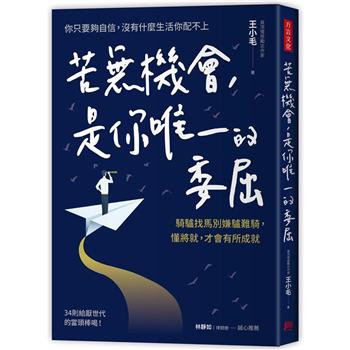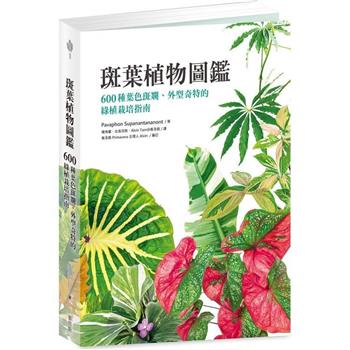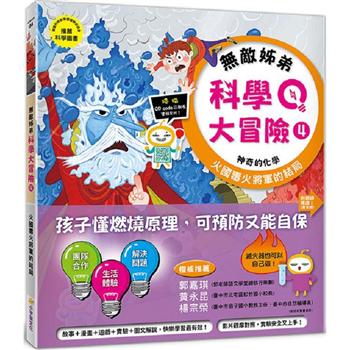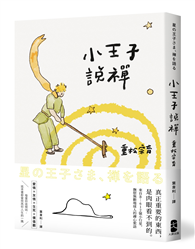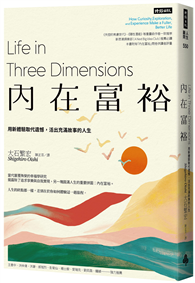"An Outline of the Theory of Thermodynamics" by Edgar Buckingham offers a detailed exploration of the fundamental principles governing energy and its transformations. Originally published in 1900, this treatise provides a comprehensive overview of classical thermodynamics, suitable for students and researchers in physics and engineering. Buckingham’s work delves into the concepts of heat, work, and entropy, presenting a systematic approach to understanding the behavior of physical systems.
This book remains a valuable resource for those studying the history of thermodynamics and its foundational theories. It meticulously outlines the key equations and principles that define the field, offering readers a clear and concise presentation of complex ideas. It serves as a historical snapshot of the state of thermodynamics at the turn of the 20th century, capturing the intellectual landscape of the era. A foundational text for anyone interested in the development of thermodynamics.
This work has been selected by scholars as being culturally important, and is part of the knowledge base of civilization as we know it. This work was reproduced from the original artifact, and remains as true to the original work as possible. Therefore, you will see the original copyright references, library stamps (as most of these works have been housed in our most important libraries around the world), and other notations in the work.
This work is in the public domain in the United States of America, and possibly other nations. Within the United States, you may freely copy and distribute this work, as no entity (individual or corporate) has a copyright on the body of the work.
As a reproduction of a historical artifact, this work may contain missing or blurred pages, poor pictures, errant marks, etc. Scholars believe, and we concur, that this work is important enough to be preserved, reproduced, and made generally available to the public. We appreciate your support of the preservation process, and thank you for being an important part of keeping this knowledge alive and relevant.


